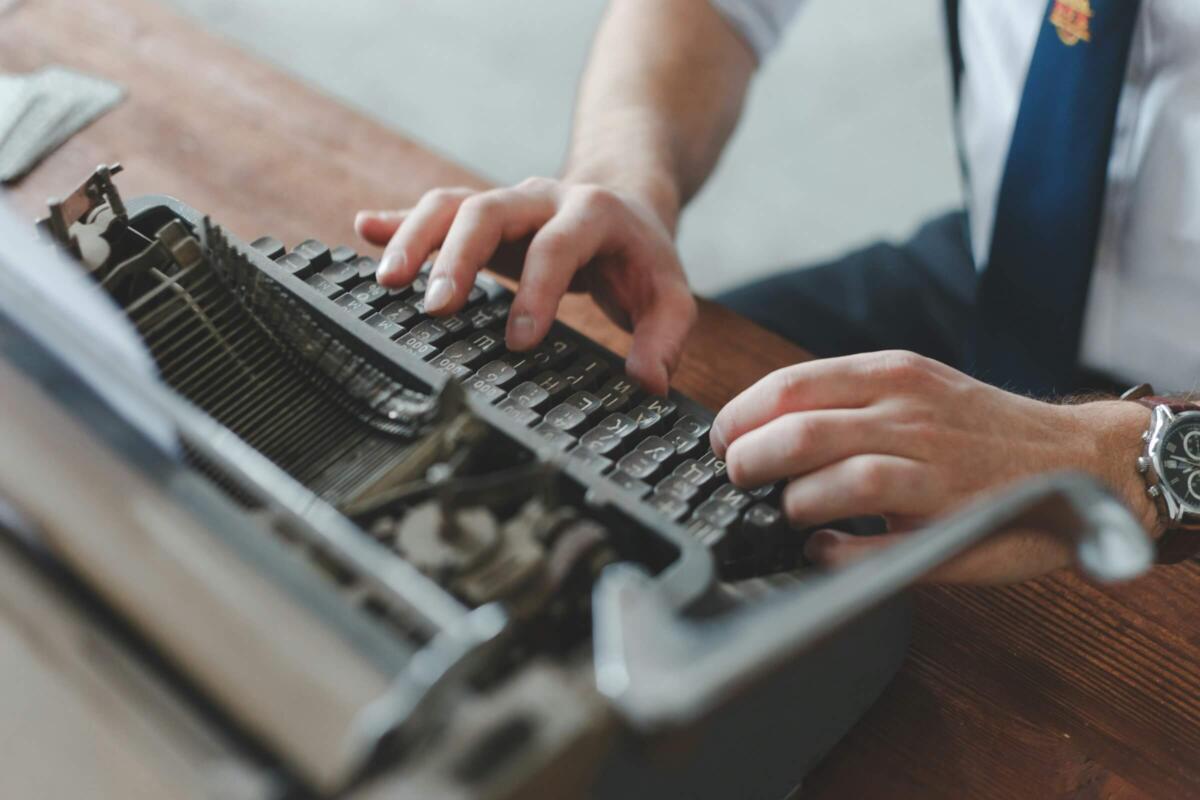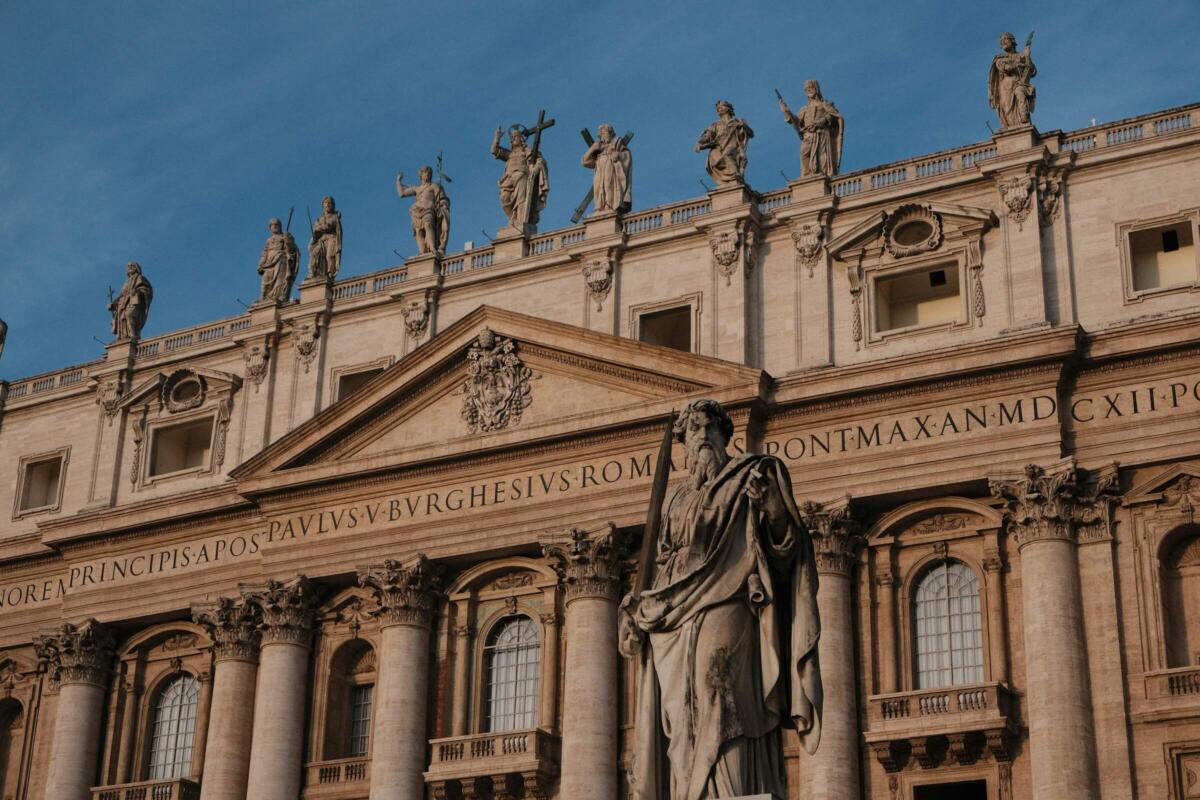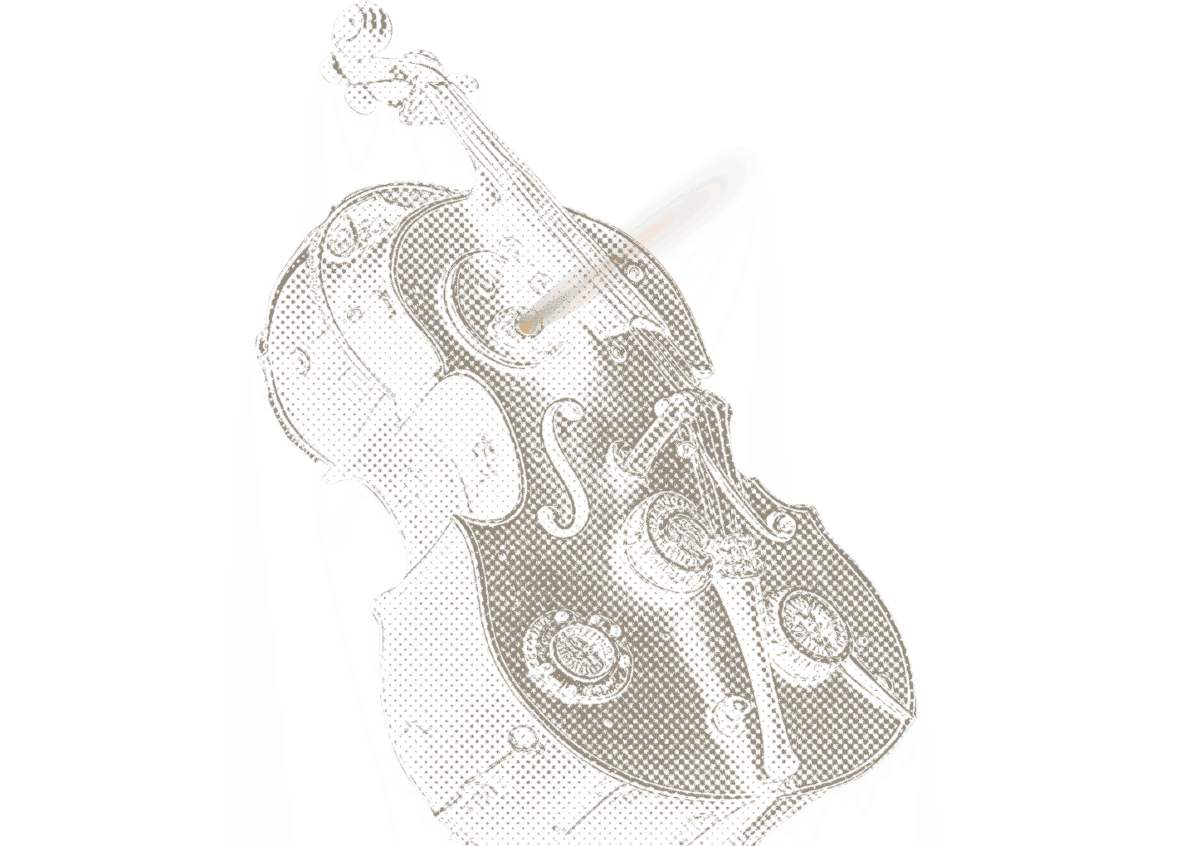Copyrights help creators maintain control over their legacy.

Our copyright-related services include consultation, defensive strategies, and proactive offensive measures.
Copyright Portfolio Consulting
You may already own more copyrighted material than you think. We can help you identify and catalog your copyrighted work, then work out a plan to protect it.
Copyright Infringement and Fair Use Consulting
Learn how to use copyrighted materials. We can train and assist your art, sales, and/or marketing teams to identify and avoid actions that risk copyright infringement.
Copyright Registration
Boost the enforceability of your copyright. We can register your work to make you eligible to file a lawsuit for its infringement.
International Copyright Registration and Coordination
manage your rights around the world. We coordinate the maintenance of copyright registration and enforcement in multiple regions with our foreign agents and associates.
Copyright Licensing, Assignment, and Transfer
Buy sell and trade copyrighted works. Acquire rights to use someone else's "work made for hire," or sell rights to use your own work. We can help negotiate the conditions and record the transfer of rights.
Infringement Litigation
Stop infringement of your copyright. Make infringing parties halt their infringement and compensate you for any harm caused by their infringement.
Cancellation Proceedings
Challenge the validity of a registered copyright, or defend yours against challengers.
Online Platform Content Disputes
Deal with copyright disputes on private platforms. File or defend against claims, strikes, and takedown demands related to accounts on online hosting providers, social media, and content platforms.

How can we help you

"Tempor officia aute mollit dolore sunt ex deserunt ad." — Lorem Ipsum
Copyright gives you control over the use and benefits of an original creative work.
Article 1 of the United States Constitution gave Congress the power "[t]o promote the progress of science and useful arts, by securing for limited times to authors and inventors the exclusive right to their respective writings and discoveries."
The authors of the constitution believed that authors and artists had a moral right to benefit from and control the use and development of their creations. They feared that creators would have little incentive to produce any great work if an author's investment of skill and effort could be easily copied and distributed by other parties.
You also have the right to maintain the integrity of your creation against distortion or degradation of your original intent. When you create an original work, you get to decide not just who gets to reproduce or distribute your work, but, in many ways, how they are allowed to reproduce, display, perform, or create derivative works based on your original creation.
The Copyright-Aware Creation Process
Here's how we can work with your creative process.
Concept Phase
If you're thinking of using outside influences in your work, we can help you acquire the licensing rights to use existing content from other creators, or commission a new work made for hire. We can also check to make sure that any other outside content will fall within fair use guidelines.
Content Ready for Publication
When your work is ready, you automatically have rights to what you've created, but we can improve your protection by filing one or more copyright registration applications.
Defense and Enforcement
Once your work is published, we can help defend it against frivolous copyright claims and takedown requests on content platforms, or against copyright infringement lawsuits. We can also file our own warnings, claims, and lawsuits against anyone that attempts to copy or distribute your work without your authorization.

Your creation, your control.
Straightforward answers to common copyright questions.
What can be copyrighted?
A copyright-eligible work needs to be created by a human author, it needs to be original, and it needs to be fixed in a "tangible medium" of expression (written, recorded, or otherwise preserved). It doesn't need to be art - software code, technical manuals, and blueprints can also be protected.
What can't be copyrighted? What about AI tools?
Anything not created by humans is not copyright-eligible, so works created by "AI" or other devices are not eligible for copyright. However, where "AI" or similar tools are used to assist human creativity, the human contribution to the work may still be eligible for copyright.
Abstract ideas, concepts, or facts are not copyright protected, only the particular way that a creator expresses one of these things can be copyrighted.
Works that lack originality.
Works that are not "fixed," such as speeches or performances that are not recorded or preserved.
How long does a copyright last?
Copyright protection usually lasts for 70 years after the death of the author.
If you have commissioned a work made for hire, it will last for 95 years from the year of its first publication, or 120 years from the year of its creation, whichever expires first.
Do I need to register my work to get copyright protection?
No, as an author, you are automatically entitled to copyright protection for your creations. However, you will need to register your work before you can file an infringement lawsuit to defend it. You don't have to register before any infringement occurs, but it does provide a number of advantages such as eligibility to recover more types of damages in a lawsuit, better evidence of ownership, better public notice and deterrence of infringement, and preservation of your work in the Library of Congress.
Copyright is one of several critical elements of a balanced IP portfolio.
Secure exclusive rights to a new device, process, substance, or design.
Protect the symbols, words, or phrases, that are important to your brand or product's identity.
Guard the secret formula, process, or strategy that gives your business a competitive advantage.